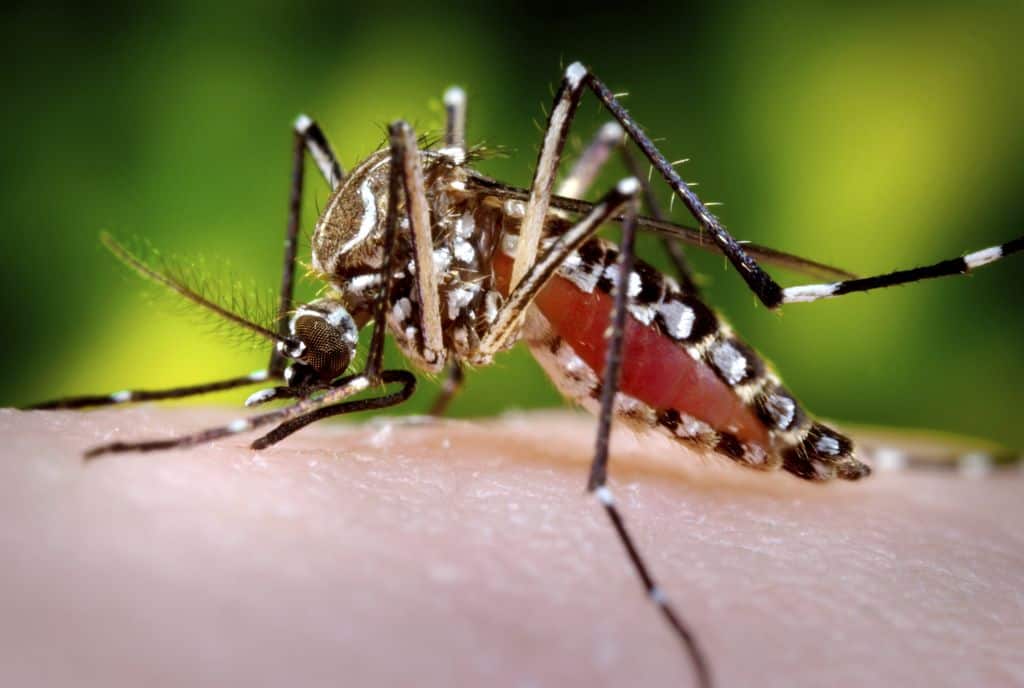Dengue has posed a public health risk in Costa Rica. The Ministry of Health predicts that by the end of 2024, there will be over 30,000 cumulative dengue cases. This means that 2024 is the second year with an increase in reported cases since 2013, which saw a record high of nearly 50,000 diagnoses.
Roberto Castro, director of the Epidemiology Unit at the Ministry of Health, indicated that the anticipated trends of this disease since the year’s start made him predict an even more severe situation. The specialist noted that 2024 started with an atypical surge of cases in Alajuela and San José, prompting him to anticipate a year marked by a high incidence of this illness.
“Upon examining the case curve that was shown at the start of the year, it appeared to indicate that it would be a dreadful year, particularly considering that we have experienced slightly more than a year of the four dengue serotypes circulating in Costa Rica,” he clarified. The Ministry of Health has executed various strategies and enhanced plans to eradicate breeding locations while also promoting awareness about the significance of self-protection against this illness.
On December 13 of last year, reports released by health officials indicated that 1,243,629 residences had undergone fumigation, resulting in the removal of 1,172,494 breeding sites. “We have enhanced our emphasis on locating and eradicating the vector through spraying, along with extensive testing and treatment of at-risk and surrounding communities in key cantons,” said Castro.
As stated by the World Health Organization (WHO), dengue is a viral disease passed from mosquitoes to humans. It occurs more often in tropical and subtropical areas. Signs of the illness include a high fever, intense headaches, discomfort behind the eyes, muscle and joint aches, nausea, vomiting, swollen lymph nodes, and skin rashes. Visiting a health center is crucial when experiencing these symptoms to obtain proper care






